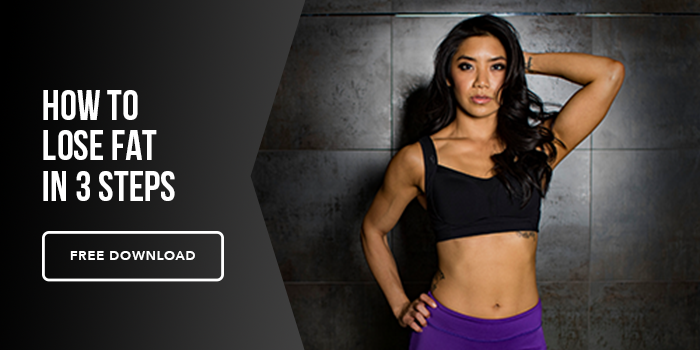You just had a baby. Now that the initial excitement of naming them after a character from Stranger Things has passed, reality sets in. You’re changing diapers, breastfeeding, and speed reading through that pile of parenting books you never got around to. The last thing you need is another chore. And who am I, a 31-year-old childless male, to tell a new mother what to do. But if you are able to find time for exercise, it will be one of the best investments for you and your child’s health. And no, doing that thing where you toss the baby up in the air like pizza dough doesn’t count.
Importance of Postpartum Exercise
After pregnancy, many women experience changes in their body composition and muscle tone due to hormonal shifts and physical changes. Engaging in postpartum weight training can help rebuild muscle strength, improve posture, enhance overall fitness, and facilitate weight loss.
Getting Started Safely
Before starting any exercise program postpartum, it's important to consult with your healthcare provider. Typically, clearance for physical activity is given around 4-6 weeks postpartum for uncomplicated deliveries, but this timeline may vary based on individual circumstances.
Initial Phase: Building Foundation
- Start Gradually: Begin with gentle exercises such as walking or gentle yoga to rebuild stamina and promote circulation.
- Core and Pelvic Floor Exercises: Focus on exercises that strengthen the core and pelvic floor, which can include pelvic tilts, kegel exercises, and gentle abdominal contractions.
- Bodyweight Exercises: Incorporate bodyweight exercises like squats, lunges, and modified push-ups to rebuild muscle and overall strength without overexertion.
Progression to Strength Training
As your body heals and gains strength, gradually introduce more challenging exercises and resistance training. Here’s how to progress:
- Resistance Training: Start with light weights or resistance bands to target major muscle groups.
- Functional Movements: Include exercises that mimic daily activities to improve functional strength and support everyday movements. Squatting and hinging patterns will likely be most important, so squats and deadlifts will be your best friend.
- Full-Body Workouts: Aim for balanced workouts that engage multiple muscle groups simultaneously. Full-body workouts will give you the best results in the least amount of time, so you can focus on being a parent first and foremost.
Frequency and Intensity
- Frequency: Begin with 2-3 sessions per week, allowing time for recovery between workouts. As you progress, you can increase to 3-4 sessions per week only if you think it would be worth the additional time and energy investment.
- Intensity: Focus on maintaining good form and gradually increasing resistance as your strength improves. Avoid overexertion and listen to your body's signals of fatigue or discomfort.
Nutrition and Hydration
- Hydration: Drink plenty of water throughout the day, especially before, during, and after workouts to maintain hydration levels. If you don’t get enough electrolytes in your diet, which many of us don’t, consider adding a supplement to your water jug.
- Nutrition: Consume a balanced diet rich in lean proteins, whole grains, fruits, and vegetables to support muscle recovery and overall health. Adequate nutrition is crucial for postpartum recovery and energy levels.
Recovery and Rest
- Rest: Ensure adequate rest between workouts to allow muscles to recover and repair. Proper rest will help prevent injury and maximize the benefits of exercise.
- Sleep: Aim for sufficient sleep each night to support overall well-being and recovery from childbirth. Adequate sleep promotes muscle repair, hormone regulation, and mental clarity. Okay, I know this one will be tough, given the whole baby thing. But give it your best shot!
Mental Health Benefits
Engaging in postpartum exercise not only benefits physical health but also supports mental well-being. Exercise releases endorphins, which can help alleviate postpartum blues, reduce stress, and improve mood.
Being a mother comes with a lot of sacrifice, responsibility, and stress. Adding exercise to the mix might sound daunting, and that’s because it is. But even if you are able to squeeze in 10 minutes a day, you will get a huge return on your investment. Follow this blueprint and you’ll be well on your way to rebuilding your body, mind, and health.






